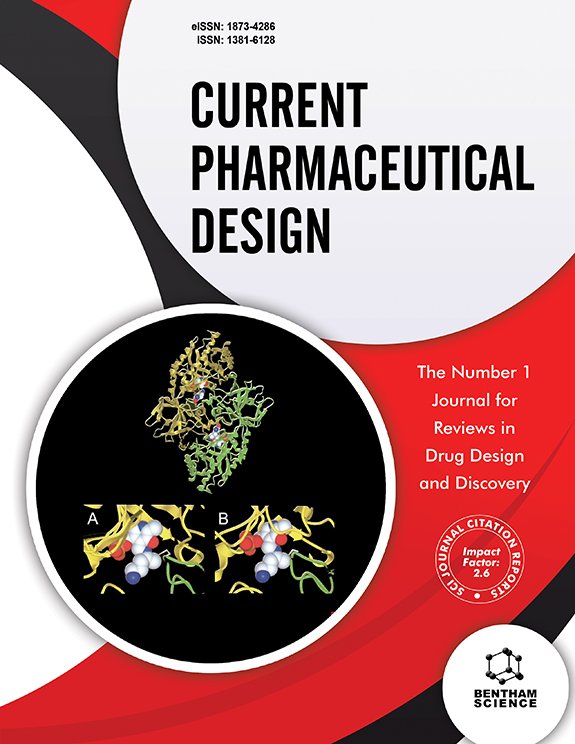Submission Tilte
Rationale Approach for Nutraceutical Discovery, Development, and Delivery for Chronic Disease Management
Submission Abstract:
The increasing burden of chronic diseases, such as cardiovascular disorders, diabetes, neurodegenerative diseases, inflammatory conditions, and cancer, has driven the demand for alternative and adjunctive therapeutic strategies. Nutraceuticals, derived from functional foods, dietary supplements, herbal extracts, and bioactive compounds, offer multi-targeted mechanisms, minimal side effects, and potential synergies with conventional pharmaceuticals. This thematic issue aims to explore innovative approaches in nutraceutical discovery, formulation strategies, application of nanotechnology, clinical validation, and ethical and regulatory aspects. Special attention will be given to nutrigenomics, bioavailability enhancement, pharmacokinetics optimization, precision medicine applications, and affordable and accessible nutraceuticals. Furthermore, the issue will highlight rational drug design strategies, bioinformatics-driven compound screening, and regulatory considerations for integrating nutraceuticals into mainstream pharmaceutical formulations.
By combining traditional knowledge with modern pharmacological approaches and pharmaceutical technologies, this thematic issue will provide a comprehensive platform for researchers, formulation scientists, and clinicians to advance nutraceutical-based therapies for chronic disease management.




